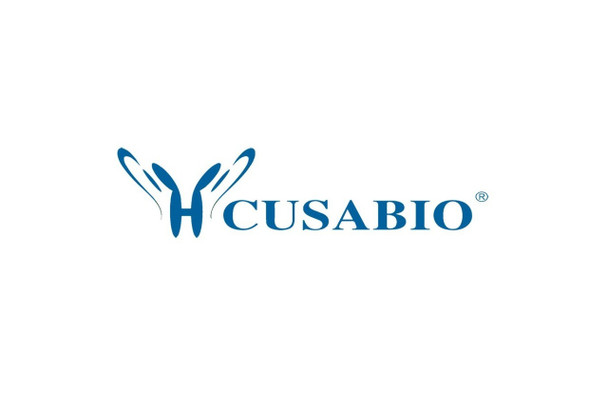Cusabio Polyclonal Antibodies
CBY1 Antibody | CSB-PA896889ESR1HU
- SKU:
- CSB-PA896889ESR1HU
- Availability:
- 3 to 7 Working Days
Description
CBY1 Antibody | CSB-PA896889ESR1HU | Cusabio
CBY1 Antibody is Available at Gentaur Genprice with the fastest delivery.
Online Order Payment is possible or send quotation to info@gentaur.com.
Product Type: Polyclonal Antibody
Target Names: CBY1
Aliases: Protein chibby homolog 1 (ARPP-binding protein) (Cytosolic leucine-rich protein) (PIGEA-14) (PKD2 interactor, Golgi and endoplasmic reticulum-associated 1), CBY1, ARB1 C22orf2 CBY PGEA1
Background: Inhibits the Wnt/Wingless pathway by binding to CTNNB1/beta-catenin and inhibiting beta-catenin-mediated transcriptional activation through competition with TCF/LEF transcription factors. Has also been shown to play a role in regulating the intracellular trafficking of polycystin-2/PKD2 and possibly of other intracellular proteins. Promotes adipocyte and cardiomyocyte differentiation.
Isotype: IgG
Conjugate: Non-conjugated
Clonality: Polyclonal
Uniport ID: Q9Y3M2
Host Species: Rabbit
Species Reactivity: Human, Mouse
Immunogen: Recombinant Human Protein chibby homolog 1 protein (1-126AA)
Immunogen Species: Human
Applications: ELISA, WB, IHC
Tested Applications: ELISA, WB, IHC; Recommended dilution: WB:1:1000-1:5000, IHC:1:20-1:200
Purification Method: Antigen Affinity Purified
Dilution Ratio1: ELISA:1:2000-1:10000
Dilution Ratio2: WB:1:1000-1:5000
Dilution Ratio3: IHC:1:20-1:200
Dilution Ratio4:
Dilution Ratio5:
Dilution Ratio6:
Buffer: PBS with 0.02% sodium azide, 50% glycerol, pH7.3.
Form: Liquid
Storage: Upon receipt, store at -20°C or -80°C. Avoid repeated freeze.
Initial Research Areas: Signal Transduction
Research Areas: Epigenetics & Nuclear Signaling;Signal transduction;Stem cells











